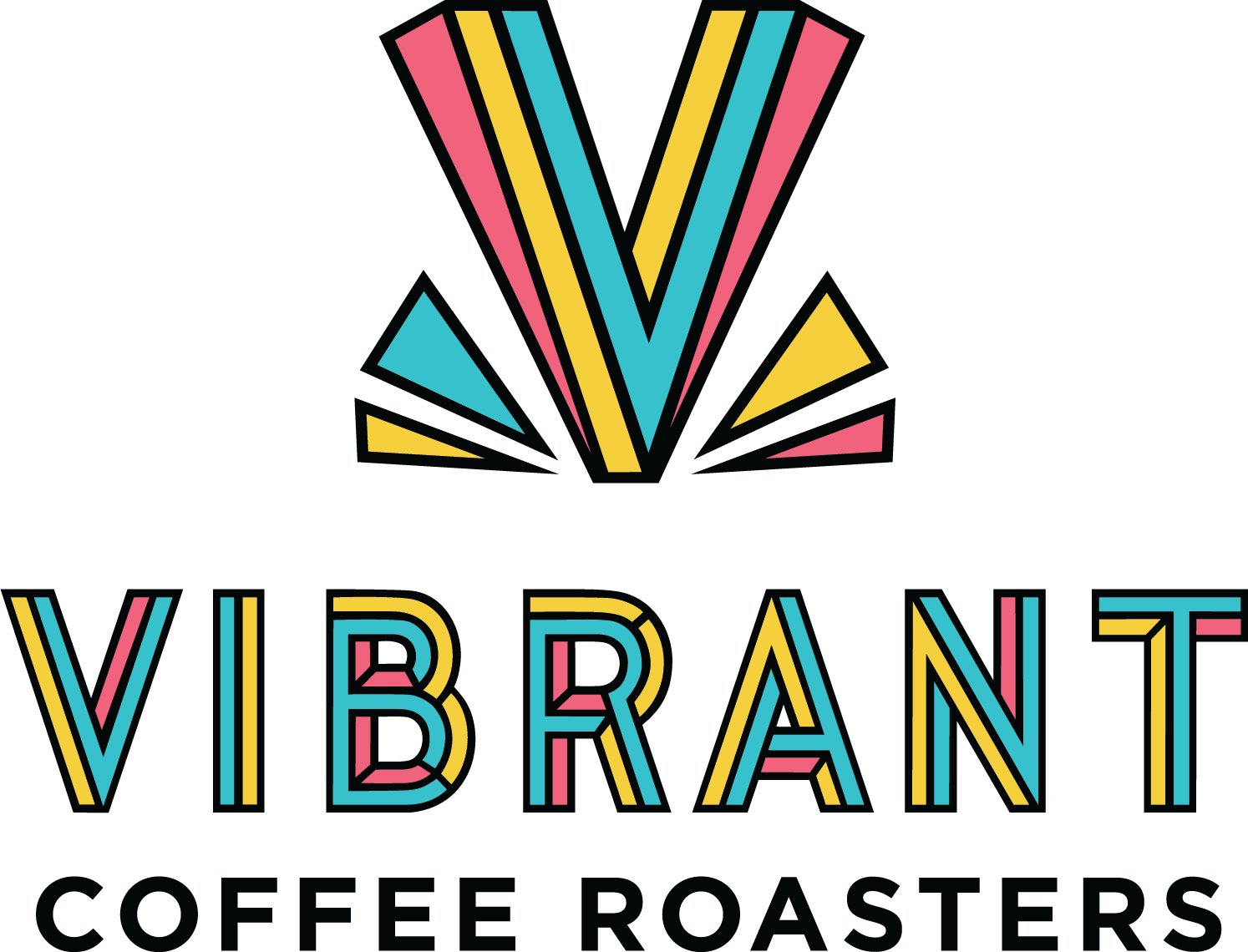
Guatemala Asproguate
Medium Roast
GUATEMALA
This coffee, grown by an 11-year old association of more than 100 small-holder producers, boasts practically every certification that there is (Organic, Rainforest Alliance, Fair Trade, Utz) - and tastes great too! It’s the perfect coffee for those of you who don’t want the bitterness of darker roasts but also don’t want a particularly fruit-forward flavor profile. We taste rich milk chocolate, the hallmark Guatemalan “nougat” note, and some soft dried fruits like cherry. Honestly, what more could you ask for from a medium roast?
PRODUCER:
ASPROGUATE
ORIGIN:
San Martin, Jilotepeque
VARIETIES:
Caturra, Catuai
ELEVATION:
1,100 - 1,600 masl
PROCESS:
Washed
HARVEST:
December 2024 - April 2025
TASTING:
Milk chocolate & nougat, dependable
Guatemala Asproguate
Medium Roast
GUATEMALA
This coffee, grown by an 11-year old association of more than 100 small-holder producers, boasts practically every certification that there is (Organic, Rainforest Alliance, Fair Trade, Utz) - and tastes great too! It’s the perfect coffee for those of you who don’t want the bitterness of darker roasts but also don’t want a particularly fruit-forward flavor profile. We taste rich milk chocolate, the hallmark Guatemalan “nougat” note, and some soft dried fruits like cherry. Honestly, what more could you ask for from a medium roast?
PRODUCER:
ASPROGUATE
ORIGIN:
San Martin, Jilotepeque
VARIETIES:
Caturra, Catuai
ELEVATION:
1,100 - 1,600 masl
PROCESS:
Washed
HARVEST:
December 2024 - April 2025
TASTING:
Milk chocolate & nougat, dependable
Why We Love This Coffee
If you’re not a fan of the bitterness of darker roasts, but also don’t want a particularly fruit-forward flavor profile, ASPROGUATE may be just what you’re looking for! It’s creamy and smooth, dominated by classic notes of milk chocolate, nougat, honey, brown sugar, and dried cherry.
Let’s talk certifications. We’ve been meaning to write a blog post about them for quite a while, so we’ll probably end up using most of what we write here for that! Up first, organic. We receive this coffee as fully traceable and certified organic, but we have not shelled out the cash for our roastery and processes to be certified organic, so you won’t find a USDA organic sticker on this bag. This doesn’t really change anything though - this coffee is grown and processed entirely without the use of synthetic pesticides, herbicides, and fertilizers. Frankly, this does not make the coffee taste any better, but it is definitely better for the planet. It minimizes chemical pollution and soil erosion, and promotes carbon sequestration and biodiversity. Whether or not it is better for you to drink is somewhat debatable - the amount of any synthetic pesticides/herbicides/fertilizers that actually end up in your cup if you are drinking conventional (non-organic) coffee is very low and the risk of any health complications from it is generally considered to be very low.
Rainforest Alliance. This is another great certification which basically means that the coffee production has been done in a way that is both environmentally and socially responsible. Broken down further, on the environmental side, this means that deforestation is minimized, water resources are carefully managed, and healthy ecosystems and biodiversity are emphasized. On the social side, it means that fair wages are paid to the workers, working conditions are safe, and improving the livelihood of the community is prioritized. This is of course all wonderful but isn’t an indicator of quality or flavor in the cup.
Fair Trade. Are you ready? This is a can of worms. It’s pretty similar to Rainforest Alliance in that it promotes good working conditions, environmental sustainability, and community development, but adds in an economic factor: a minimum price. The minimum price is a safety net for growers in the case of market fluctuations driving down the price of coffee. Coffees that are Fair Trade certified tend to be a little bit more expensive for equivalent quality than coffees that are not Fair Trade certified. There have been some allegations of corruption, mislabeling, poor working conditions even at certified farms, and the certification actually limiting farmers’ earning potential as they might just be paid the standard Fair Trade minimum rather than a quality-based premium. The certification can also incentivize farmers to produce poor quality coffee as the minimum price is guaranteed, and many smaller farmers do not have the resources to get the certification even if they follow all the Fair Trade-required practices.
Finally, UTZ. UTZ has become a part of Rainforest Alliance so this certification is being phased out. Prior to the merger of these certifications, UTZ was in fact pretty similar to the old Rainforest Alliance certification, with some minor differences. The best of the old UTZ and Rainforest Alliance now make up the “new” Rainforest Alliance certification described above.
From Our Importer
The Asproguate farmer’s association was formed by 100 coffee producers in 2014 to market the members’ organic coffees. The association’s mission is to provide sustainable and differentiated markets for the members’ coffee, thereby promoting consistent advancement for its members. Asproguate strives for its goals of education for producers, long term buying relationships, and sustainable agricultural practices through a number of member programs. It serves an important role in the Cakchiquel and Tzutujil ethnic communities that 90% of members belong to - of all Asproguate members, 85% rely entirely on agricultural production for their income.
Asproguate holds monthly workshops in organic fertilizers, fungicides, and insecticides so producers can make these essential products on their own farms. Ninety-five percent of members are organic certified so Asproguate spends a lot of their agronomy extension work on organic techniques. They also train on other agricultural practices like erosion mitigation and shade cover. There is also a social program to educate on things like gender equality, discrimination, and child labor. Fifty-five percent of producer members are women.
Asproguate has members in Atitlan, Acatenango, and San Martin Jilotepeque which is where this lot is grown.


